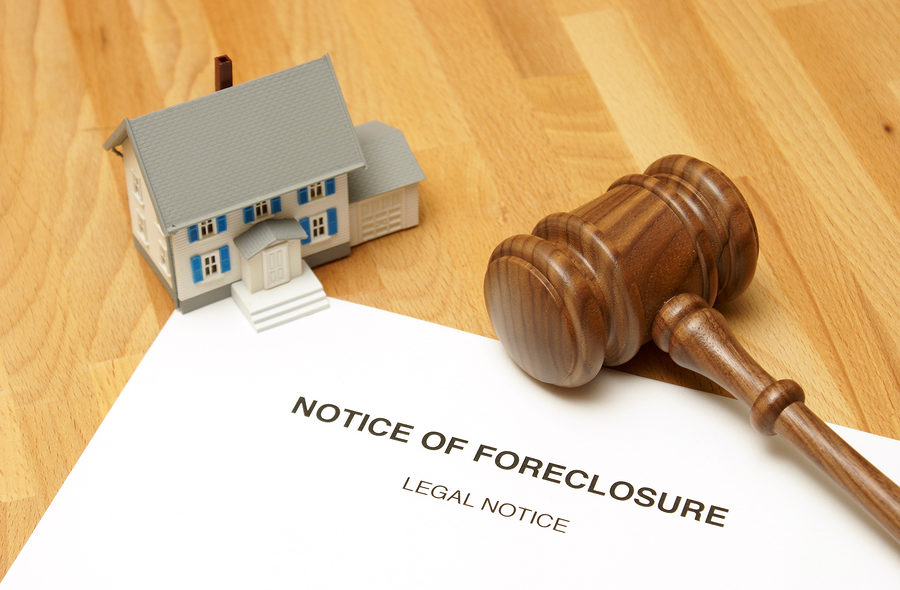Mortgage delinquencies are on the decline nationwide, according to the most recent Black Knight First Look report. The mortgage delinquency rate fell 3.75 percent for all loans in the month of January, which is down 3.45 percent from December 2018. While that decrease may not seem significant, it is when compared to one year ago. In fact, mortgage delinquencies are down nearly 13 percent from January 2018.
Black Knight, Inc., provides integrated technology services in addition to data and analytics to mortgage and real estate industries. They provide this First Look report annually to review where statistics are nationally and from state-to-state when it comes to foreclosures and mortgage delinquencies.
According to the report, approximately 1.945 million properties were 30 days or more past due in January 2019. This figure is down 68,000 from December 2018. When compared to January 2018, the numbers are down by approximately 257,000.
Additionally, Black Knight reported that 504,000 homes were at the point where they were considered “seriously delinquent,” which means the mortgages were more than 90 days past due but were not yet in foreclosure. This figure is down 7,000 when compared to December 2018 but 203,000 from January 2018.
Homes that were reported in the pre-sale inventory category, meaning homes that were in some stage of the foreclosure process, were down approximately 60,000 from December 2018 and down 72,000 from January 2018, which is in line with the rest of the trends reported. The foreclosure inventory rate was 0.51 percent of all homes still holding a mortgage. This figure shows a 2.20 percent decrease from the prior month and a 22.43 percent decrease from January 2018.
Interestingly enough, Black Knight did report that approximately 50,200 foreclosures were started in January 2019 nationwide. This figure is actually an 8.42 percent increase, as compared with December 2018. It is still down 19.42 percent, however, when compared with the previous year.
The rate for monthly prepayment was at a 10.15 percent decrease in January, as compared to December 2018. It also showed a decrease of about 25 percent from January 2018, which was also the lowest level reported since before the end of 2000.
Why is the decrease in the monthly prepayment rate significant? A prepayment is a settlement of a debt or installment payment made before the payment’s due date. It can be made for either the entire balance owed or for an upcoming payment that is paid in advance of the due date. The fact that these prepayments have gone down is unusual since prepayments are typically more common when delinquency rates decrease. It would go along with the trend for the prepayment rates to go up rather than the other way around.
Black Knight does not believe this is cause for concern since housing turnover tends to go down in January and February traditionally. Prepayments could pick up again throughout the spring so long as delinquency rates remain low or where they are.
Click here to read more on this story.
Choosing the right attorney can make the difference between whether or not you can keep your home. A well-qualified Miami foreclosure defense attorney will not only help you keep your home, but they will be able to negotiate a loan that has payments you can afford. Miami foreclosure defense attorney Timothy Kingcade has helped many facing foreclosure alleviate their stress by letting them stay in their homes for at least another year, allowing them to re-organize their lives. If you have any questions on the topic of foreclosure please feel free to contact me at (305) 285-9100. You can also find useful consumer information on the Kingcade Garcia McMaken website at www.miamibankruptcy.com.
Related Resources:
https://www.blackknightinc.com/black-knights-first-look-at-january-2019-mortgage-data/



